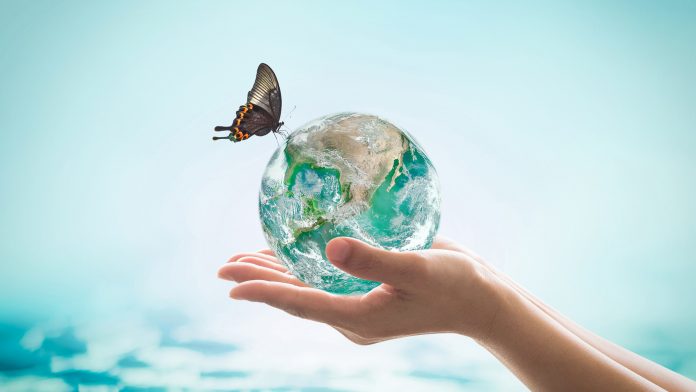
World Health Day 2022 focuses on bringing global attention to the urgent actions required to keep humans and the planet healthy.
WHO has stressed that humans are required to take more responsibility for how their actions exacerbate human health and environmental problems. On World Health Day 2022, Viber supports WHO to focus global attention on urgent actions needed to keep humans and the planet healthy through the ‘Our Planet, Our Health’ campaign.
What is involved in WHO’s campaign to keep humans and the planet healthy?
The novel WHO ‘Health for Life’ sticker pack released today on Viber Sticker Market highlights sustainable living, self-care, water intake, healthy eating habits, and more.
”As a leader messaging app, Viber is quite a powerful platform and I believe it is our duty for this impact to be positive,” explained Petya Kamburova, Senior Global Business Development Manager. “We wanted to help educate our users about the importance of protecting the environment and how it is connected to our overall health and wellbeing in an engaging and easy-to-understand way. Teaming up with the WHO in time for the World Health Day and offering the tools of our platform to reach millions of users was a natural decision.”
“The climate crisis is a health crisis,” added Maria Neira, Director of the Department of Public Health and Environment, World Health Organisation. “Let us reimagine a world where clean air, water, and food are available to all. Where economies are focused on health and wellbeing. Where cities are liveable, and people have respect for their health and the health of the planet.”
What is the current state of the planet?
Approximately 24% of all global deaths are linked to the environment, highlighting how taking action to keep humans and the planet healthy could prevent these deaths. The COVID-19 pandemic is a further reminder of the delicate relationship between people and our planet. Our political, social, and commercial decisions are driving the climate and health crisis.
Pollution and plastics are currently discovered at the bottom of our deepest oceans, as well as the highest mountains, and have made their way into our food chain. Systems to produce ultra-processed, unhealthy foods and beverages are driving a wave of obesity, increasing cancer and heart disease, while generating a third of greenhouse gas emissions.
Additionally, asthma, heart diseases, and lung diseases are growing exponentially – over 90% of people breathe unhealthy air, which results from the burning of fossil fuels. Furthermore, the growing issue of global warming also results in mosquitoes spreading diseases further and faster than ever before. Extreme weather events, land degradation, and water scarcity are displacing people and affecting their health.
How can humans make a difference?
WHO believes that by sharing this knowledge, and raising awareness among friends and family, a real difference can be made in keeping humans and the planet healthy.
Actions that can be taken, and hopefully inspire others:
- Walk or pedal to work at least one day a week, and choose public transport where possible;
- Change to a renewable energy provider; do not heat your rooms over 21.5C, and turn off the light when not in the room;
- Buy your fresh groceries from local producers and avoid highly processed foods and beverages;
- Stop consuming tobacco; tobacco is a polluter; and
- Buy less plastic, and use recyclable grocery bags.
























